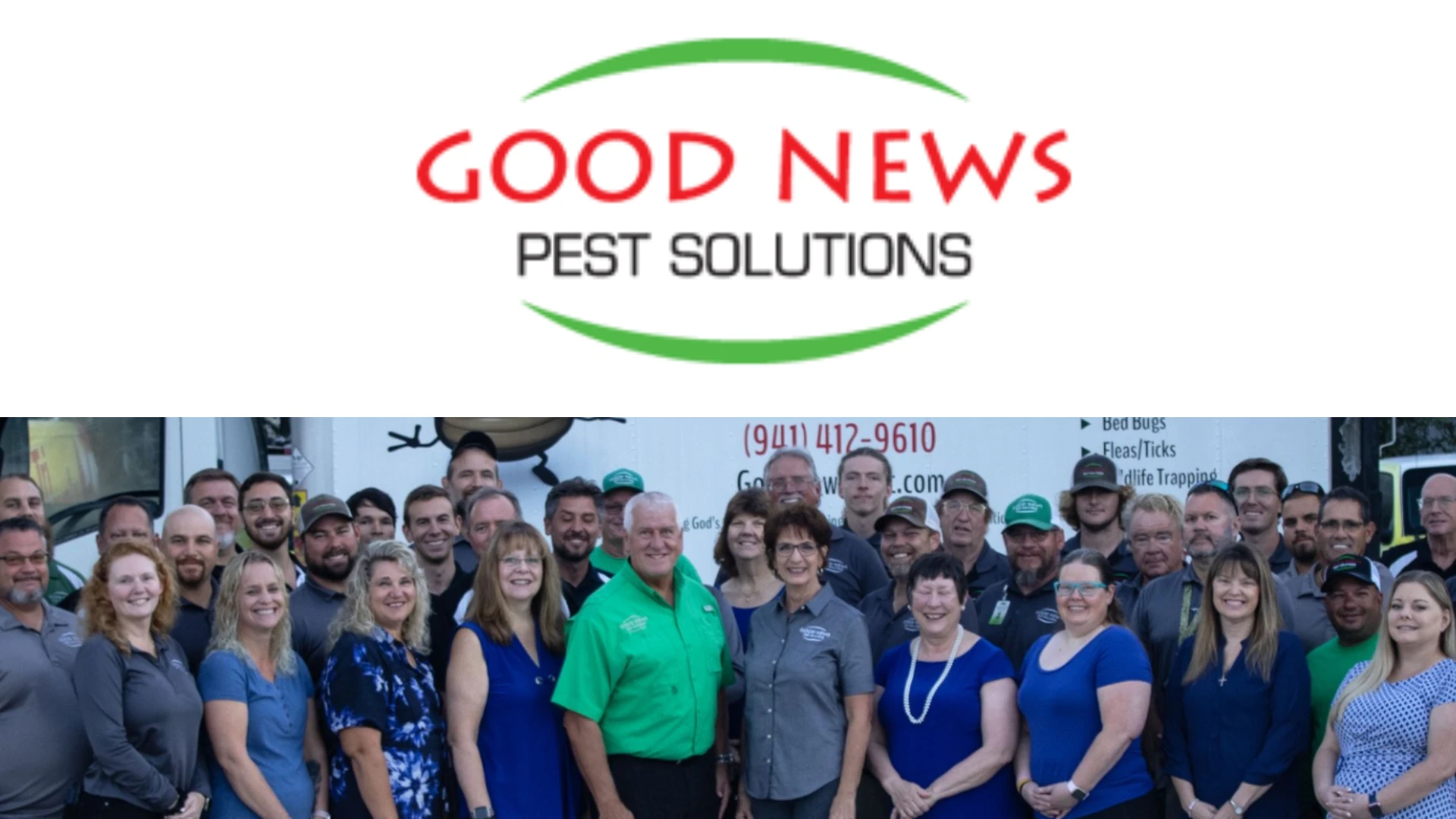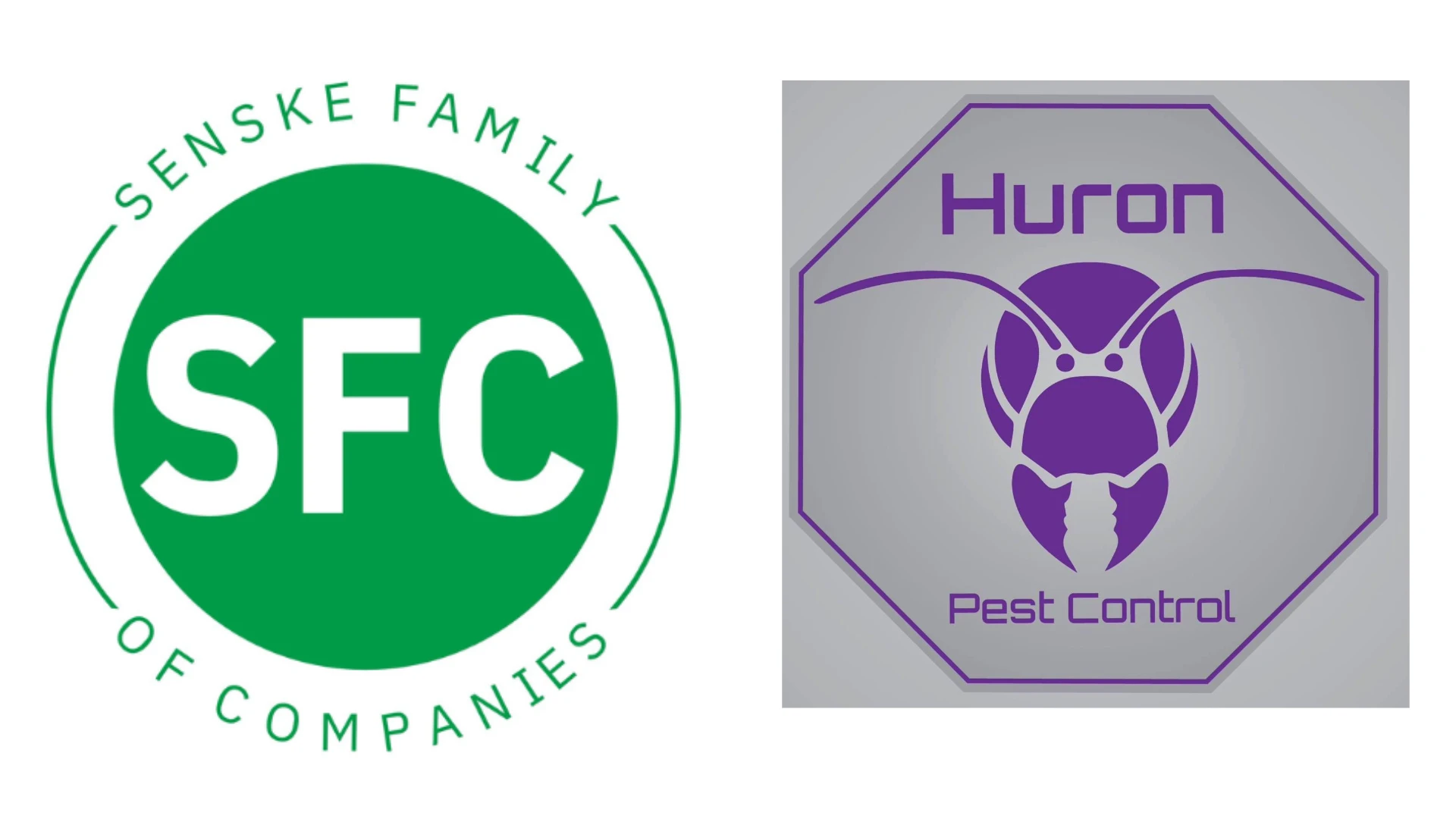While the exact details of the multi-state investigation into termite control are unknown, most state pest control associations are suggesting their members assess and reevaluate their termite control practices before federal or state law enforcement actions force them to. “It’s the calm before the storm,” says Joel Hyman, president of the Maryland Pest Control Association.
Indeed, state association executives from Maryland to Arizona have scurried to provide their members with advice and information as possible punitive action looms over the heads of those engaged in termite control work. “We’re telling companies to be prepared, not surprised,” says Valera Jessee, executive director of the Georgia Pest Control Association.
Many state associations are also, with varying degrees of cooperation from their state governments, trying to maintain open communication with their state officials regarding the investigation. While many association officials say they are on good — even excellent — terms with their state regulators and departments of agriculture, their collective relationships with state attorneys general, though polite, have been relatively unproductive. Some have even been downright contentious. “We’ve had an excellent relationship with our Department of Agriculture, but the Maryland Attorney General has moved in because of the FTC investigation and is taking a completely opposite approach to dealing with this.” Hyman said. “We have a state attorney general who is looking for political gain.”
Beth Brooks, executive director of the Texas Pest Control Association, has found similar results in dealing with the Texas Attorney General. TPCA officials met with their attorney general’s office and were told it is not their policy to reveal whether or not they are investigating a particular event or industry. “It was basically a non-meeting, meeting,” Brooks said. When they asked the attorney general’s office at what point they would be able to learn more, state officials told them they would find out when their members were “mailed letters.”
While many state associations have found their attorney general’s office not particularly forthcoming on this issue, others report no such complaints. For example, the Ohio Pest Control Association has developed a working relationship with their attorney general. “Our attorney general has been real cooperative and understanding,” says Ron Belknap, co-chair of the OPCA Legislative Committee. Belknap credits this relationship to an investigation conducted by the attorney general into a few pest control companies in 1996. In November of 1996, after speculation that the attorney general was looking into industry-wide problems, the OPCA initiated contact with Ohio Attorney General Betty Montgomery and have since worked to educate her about industry practices. In fact, an assistant to the attorney general, Helen MacMurry, spoke at the OPCA winter meeting in December.
But even in states where the attorney general has been cooperative, association officials admit there is little they can do to persuade their attorney general from taking action if they so desire. Instead of fighting a losing battle, many associations have put their energies into three areas: developing communication networks to share information, developing plans to deal with a possible investigation in their state, and developing tips for PCOs to prepare for a probe.
Many association presidents have issued bulletins to their members requesting that if they are contacted by federal or state investigators, that they notify the state association.
Setting up these kinds of communication networks will be key to dealing with the investigation if one is conducted in their state. Some associations even have “reaction plans” currently in place. Dave Boose, chairman of the Virginia Pest Control Association’s Government Affairs Committee, says his association has an action plan ready to be implemented should the situation escalate, although he declined to comment on the particulars. In addition, Boose said his association had been working “behind the scenes” with officials in the Virginia government and calling on those with whom the association has developed good relations. The VPCA also maintains a lobbyist, who has contacted the Virginia Assistant Attorney General. “Our lobbyist got the impression that the investigation was not a real high priority,” Boose said. For the industry as a whole, however, it remains a major concern.
|
In recent weeks, state associations have been providing their members with tips and suggestions to help them prepare for any likely FTC action. Some of those suggestions are listed below. Ray Hardebeck, President, Kentucky Pest Control Association
WANT MORE?Enter your email to receive our newsletters. Loading... 
Explore the January 1998 IssueCheck out more from this issue and find your next story to read. Latest from Pest Control Technology
More from Pest Control Technology |





